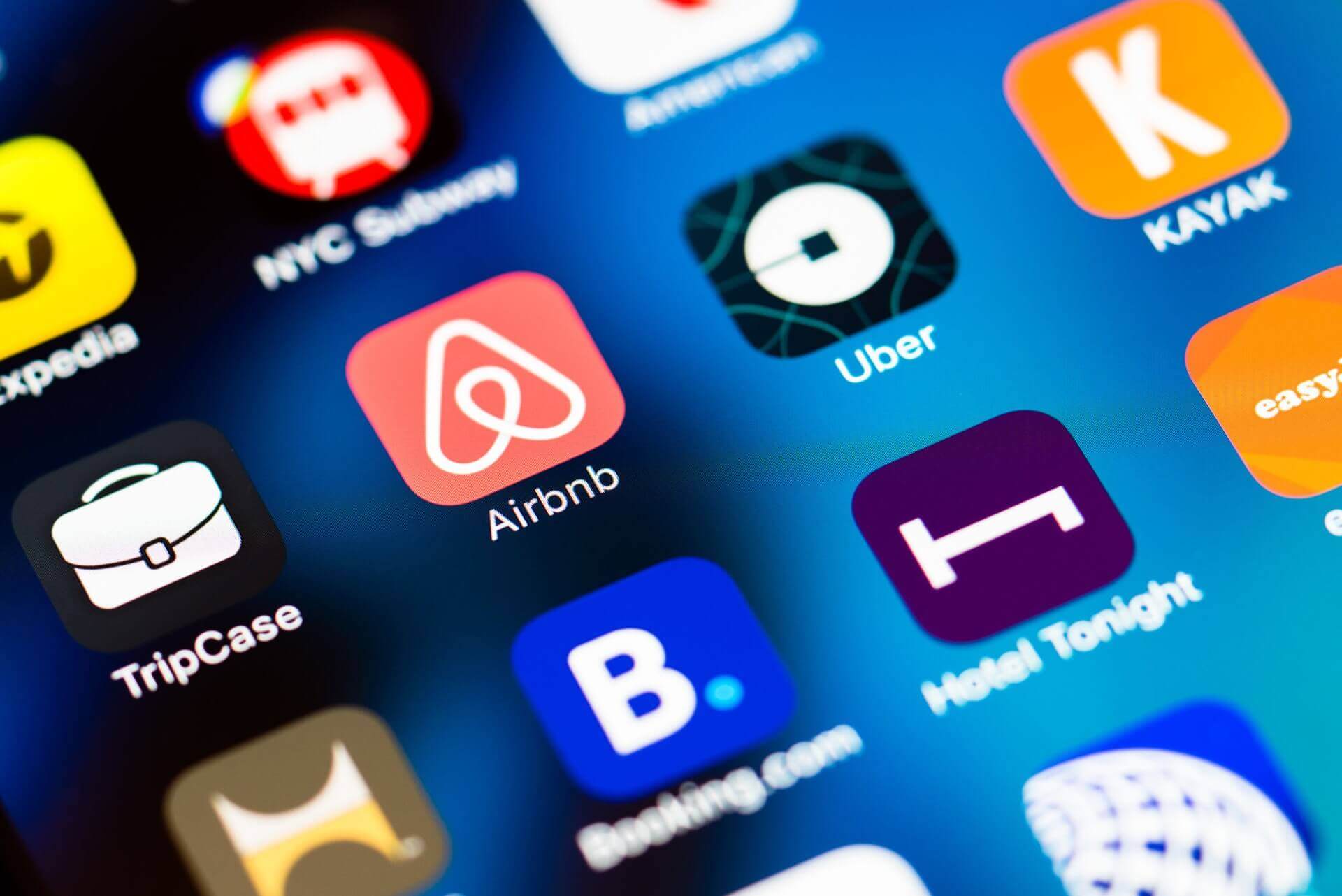First it was the online travel agencies (OTAs) in 2000. Just when hoteliers learnt to co-exist with these intermediaries, along came the revolution that took everyone by storm – the sharing economy.
NB: This is an article from Staah
San Francisco start-up, Airbnb, leads the way in this revolution with a valuation estimated at 31 billion (September 2018) and four million listings. Expedia owned HomeAway boasts two million listings.
So, what is it about these companies that have made them a runaway success? Which travel triggers did they get right? And, what lessons can commercial accommodation providers take away from them?
1. Firstly, Be Present on Them
These are becoming the go-to platforms for the travellers and they are now welcoming commercial properties to join forces. Don’t miss out on this opportunity. List your inventory on platforms such as Airbnb and HomeAway to multiply your reach and bookings.
2. Localise and Be Authentic in Your Experience
While you may think that being global is the key, in reality, guests enjoy the local flavour. Their experience of the city is enhanced by staying amongst the local, eating local, networking with local and of the like. So, train your front office team or reception desk to become local social concierges. Have local produce and local delicacies served at your restaurant. Recommend local events and experiences to help guests get the experience they seek. Why not include in your hotel rooms, a brief history of the destination with things to do, try and see around your property?
3. Be Social
Oh yes! Most travellers love to socialise with locals and other tourists. Giving unrestricted access to common areas where the guests can relax or read or socialise with people are few things that can easily be incorporated in your offering. Also, guiding them to local tours, meet-ups, etc give them the opportunity to interact with people and make conversations.
4. Make Them ‘Feel at Home’
While guests do love the plush comfort and amenities that hotels offer, they dislike being bound. Some may not prefer the set timings of your breakfast; others may want to travel with their pets. Flexibility and being pet-friendly can help guests feel at home while enjoying the comforts of commercial enterprise. Also, doing laundry free up to a limited weight or offering access to laundry room, giving short eats free, gifting small souvenirs, etc can help create loyalty.
5. The Human Face Behind the Technology Is Very Important
It may be technology that has powered this sharing economy, but human touch is never lost in transit. In fact, the sharing economy thrives on an open communication set-up between guests and hosts – the connection is established long before the arrival. This is something hoteliers must adapt to and adopt in their business model.
Get live chat on your website or a toll-free number for them to dial in and get their questions answered. Contact your guests prior to their arrival to check of their special needs if any, or to offer booking in any local activities/events that might be happening during the period of their stay. Go back to the basics of hospitality and being the best host you can with attentive service.
6. Be Inclusive and Interact with Guests
Encourage non-guests to hang out in your lobby too by making it a welcoming and fun place for all. Remember, locals are an important dimension in the overall guest experience and instead of seeing them as an intrusion, involve them.
7. Be Genuine
Travellers these days are smart enough to analyse authenticity from photoshopped images. So, be genuine and make your information more personal. Also, do not deter in giving genuine information and recommendations to local restaurant, cafes et all, even if it costs you your share of revenue. In the long run, this little loss will more than cover itself up.
It all boils down to creating memorable experiences for the traveller as guests would rather spend on experiences than things. Create and maintain a human connection and build on emotions. That is the mantra.





